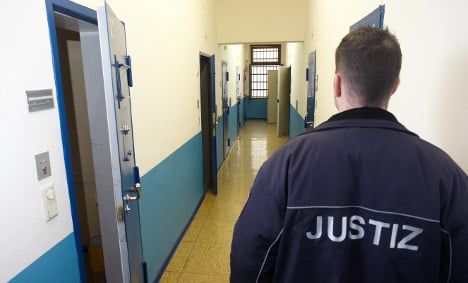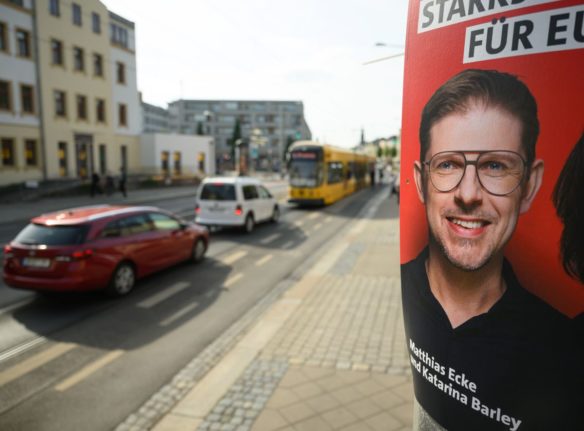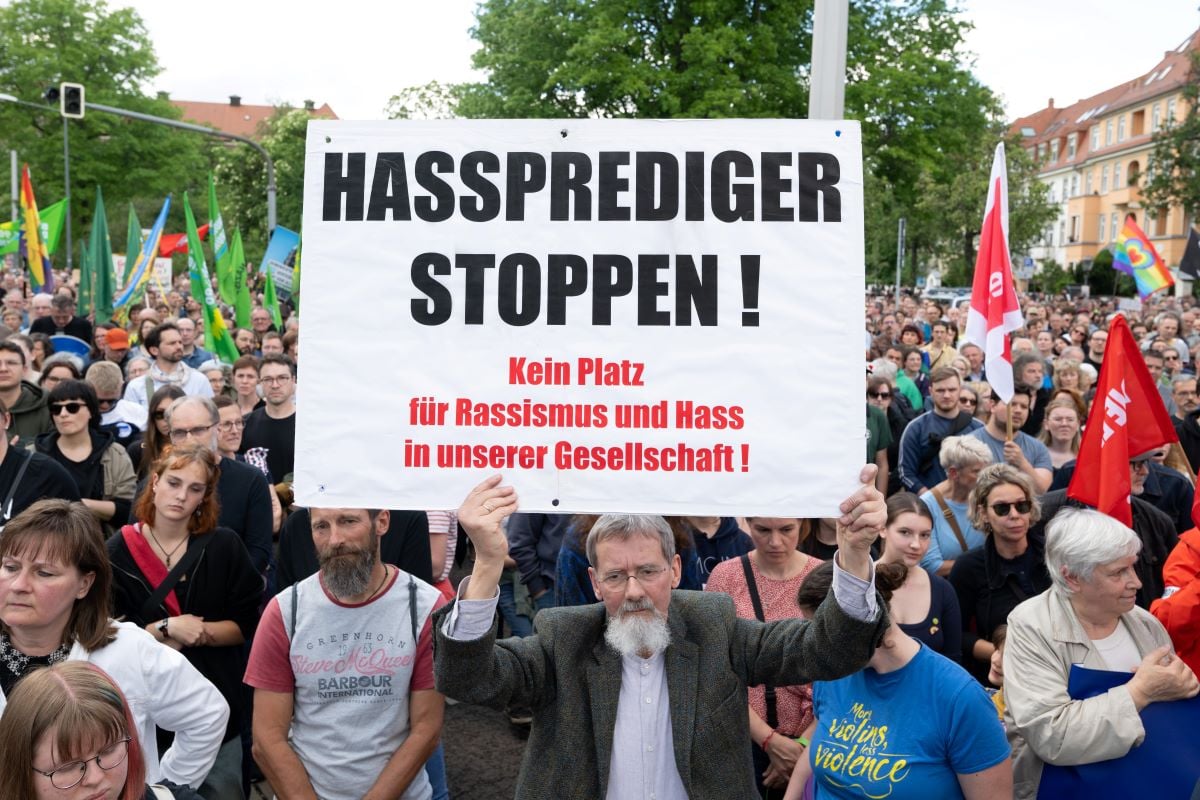Helping criminals would seem to have higher priority than helping victims, Veit Schiemann, head of the victim’s group Weisser Ring told MDR Info radio on Tuesday.
“Such a long-term time off after five years of jail would severely shatter citizens’ sense of justice,” Bernhard Witthaut, the chairman of the GdP police union said in a statement.
“People who commit premeditated murder should spend the rest of their lives in jail,” Gabrielle Karl told The Local. She founded “Victims Against Violence”, a Bavaria-based non-profit group offering counselling and assistance for crime victims and their families.
Karl said her 18-year-old daughter was murdered in 1995 by a man who had been previously convicted of numerous serious crimes.
Under the plan, which could become law in several states this year, a violent offender would be able to apply for holiday release after just five years rather than 10 as is currently the rule.
The prisoner would be subject to an intense psychological evaluation, said Frank Schauka, spokesman for the Justice Ministry in Brandenburg, one of the 10 states behind the plan.
The application would be granted “only when it can be determined that the person represents no danger,” Schauka told The Local.
The current rules prevent prisoners from applying until they have served 10 years in prison, and limits their potential holiday from behind bars to 21 days.
This three-week limit is not included in the current proposal and more time could be awarded, Schauka said, adding that he could envision prisoners being allowed time out several times a year.
The idea behind the proposal was to make it easier for hardened criminals to integrate back into the society. Studies have shown that reintegration becomes more difficult after five years, Schauka said.
The plan was initiated by Berlin and Thuringia and is backed by all the former east German states as well as Bremen, Rhineland-Palatinate, Saarland and Schleswig-Holstein.
The police union head said he suspected that the plan was being introduced because of budget concerns and the lack of qualified personnel in Germany’s prisons. Schauka rejected that, saying costs had nothing to do with it and reintegration was the goal.
The Local/mw




 Please whitelist us to continue reading.
Please whitelist us to continue reading.
Member comments